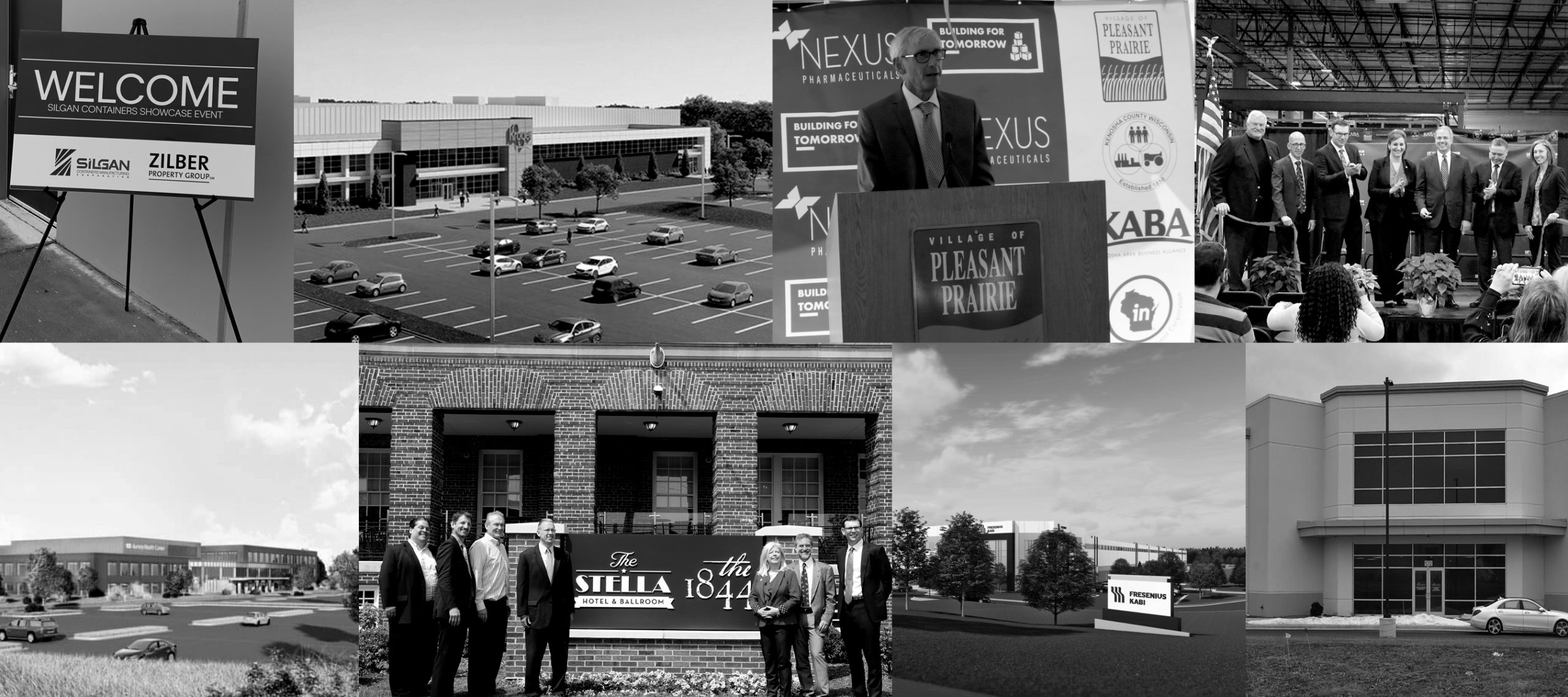Kenosha County’s 2019 economic investment and job growth kept pace with that of previous years, but local companies now face the challenge of overcoming the effects of COVID-19.
The Kenosha Area Business Alliance has released its 2019 Annual Report that details major financial gains that helped to boost the county’s economic climate.
KABA President Todd Battle noted that last year was in keeping with the progress that started in the county in 2013. He cautioned, however, that the coronavirus pandemic could produce a slightly diminished outcome in 2020.
“The past several years, including 2019, have produced strong results for Kenosha County in terms of private investment and job growth. The circumstances we are experiencing now serve as a reminder that we should not take our economic stability for granted,” Battle said in his report message.
New private investment created through corporate expansion and relocation from other areas helped KABA and the county exceed its projected goal of $100 million last year. The attraction of companies from other states helped to produce more than $312 million in investment revenue.
Moreover, capital investment has helped to exceed the $500 million goal for the five-year period from 2018-22 by more than $5 million.
Economic development financing was another success story. Last year, it surpassed the goal of $3 million, ending at more than $3.4 million.
Many types of industry
Battle attributes this to the many types of industry that are located throughout the county.
Kenosha County is fast becoming a regional hub for food processing, medical instrument production, warehousing and light automated manufacturing that makes products for other businesses.
“KABA’s economic development efforts focus on growth and diversification,” he said. “We strive to build a stronger local economy with enough diversity and resiliency to withstand disruptive events like the one we are currently facing.”
Last year, several major economic development projects were announced or in development. They included Advocate Aurora Health, a $130 million project that would create 140 jobs. The project was for a 100,000-square-foot ambulatory care facility and a 100,000-square-foot office complex in the Pleasant Prairie Highlands Corporate Park.
Other corporate projects include:
Fresenius Kabi, a global health care products company, launched a $43 million project creating 100 jobs. The project calls for a 590,525-square-foot office, processing and assembly facility in Pleasant Prairie’s Stateline 94 Corporate Park.
Nexus Pharmaceuticals, with headquarters in Illinois, announced an $85 million manufacturing project. Specializing in the manufacture of generic and specialty injectable drugs, the company is locating in the Pleasant Prairie Highlands Corporate Park with plans to expand up to $250 million and create 200 jobs within 10 years.
Silgan Containers, a manufacturer of metal food packaging products, announced a 525,000-square-foot, $24 million project in Kenosha.
The Stella Hotel & Ballroom, a $25 million investment project, opened last spring in downtown Kenosha, creating 102 jobs. The boutique hotel is a renovation project of the historic 100-year-old building that had been slated for demolition.
Kroger/Ocado announced a $135 million fulfillment center project creating 700 jobs in Pleasant Prairie.
United Conveyer Corporation announced a $10.9 million project that will feature a 150,000-square-foot facility in the LakeView Corporate Park.
“Certain companies and industries are hard hit by the COVID-19 epidemic,” Battle said. “Other firms working in essential industries are doing everything possible to keep with demand while adhering to public health and safety guidelines.”
Businesses hard hit by pandemic
Last year, with an unemployment rate consistently below 4%, local companies found it difficult to find workers. Local economists have said the area has experienced a worker shortage.
The five-year goal is to create 5,000 jobs. By the end of last year, 1,278 new jobs were created through expansions and relocations.
The COVID-19 pandemic will present a challenge for many companies that must adjust their operations. Smaller businesses have had to scale back some of their hours, reduce staff and limit some services.
While there will be survivors from the pandemic, it won’t be easy for some.
“The bad news is that the effects of the crisis are pushing the economy toward recession,” Battle said. “Small businesses, retailers, and dining and entertainment establishments are particularly hard hit.
“Kenosha County is as well positioned as ever to weather this storm, though the experience is incredibly challenging.”
Read more in the Kenosha News.

